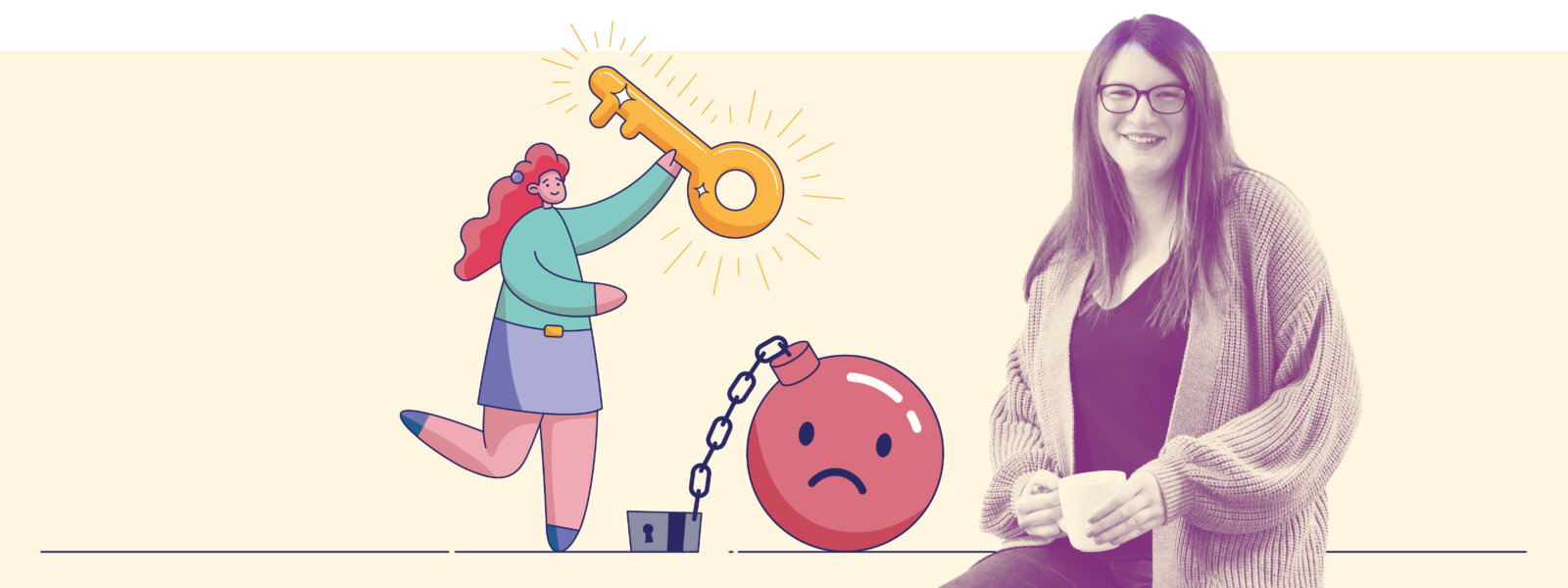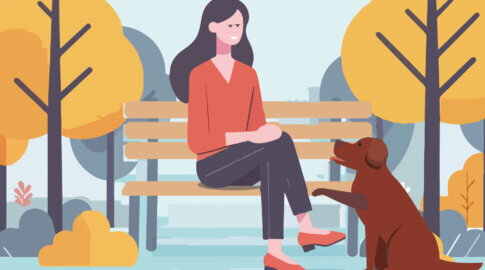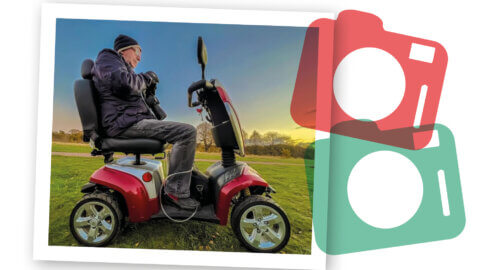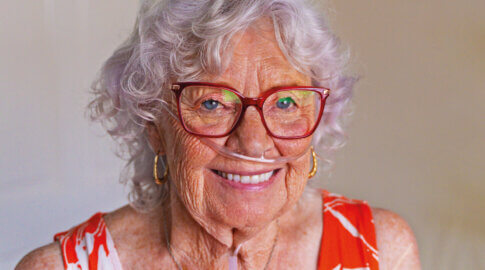Understanding guilt and shame in chronic illness
There are many emotions to navigate when you have a condition like PH, and here psychotherapist Sophie Papageorgis – who has her own lived experience of pulmonary hypertension – explains more about two very common feelings…
Guilt and shame have been cropping up quite a lot recently within my therapy practice (and let’s face it, personally too). It’s quite fascinating (and sad) to see the impact this has on our lives.
Guilt and shame are often interlinked but have several differences. Guilt is the feeling of “I have done something bad and I am ashamed by it”, leading to feeling regret, remorse, fearing what the outcome might be, and wanting to do something to repair or fix the situation.
Shame can be even heavier than guilt. Shame is more “I am bad and my very existence is shameful”. If you have an inner critic who consistently tells you that you’re not good enough, and you find yourself feeling inferior to others, this can seep in and make us believe that it’s true.
Guilt and chronic illness (sadly) go hand in hand for a variety of reasons. We may find ourselves feeling like a burden to loved ones, and feeling horrible about having to rest or say “no” to others. There’s often a stigma attached to aspects like maybe living at home with parents longer, needing to claim health benefits, and not working at 500mph all day every day. PH puts restrictions on our lives, whether this be in terms of exercise, having children, stamina/fatigue, symptom management…all these can add up and become difficult to manage, making us feel guilty about our impact on others, and perhaps even shame about ourselves.
The worst thing about living with a sense of shame, is the desperate need to keep it hidden.
Shame is a weighty emotion, leading to a variety of tricky issues. We might have very low self-esteem, compare ourselves to others and negatively self-talking ourselves down. We may feel our emotions aren’t valid, and therefore shouldn’t be shared. We might feel we have to ‘prove’ ourselves in some way, which may be exhausting and unachievable. The worst thing about living with a sense of shame, is the desperate need to keep it hidden. Because if people see it, it’s shameful, right?!
Complicatedly, the best way to get rid of shame (or at least minimise it a bit), is to shine a big bright light on it. Shame likes to fester in the dark, and it wants to keep you there to eat away at you. Facing and sharing your perceived shame always lightens the load. I feel slightly awkward writing “always” because surely there will be exceptions to the rule. But from what I’ve seen in my work, it has never not helped to share the ‘shameful’ load. And most of the time, what we think is hideously shameful, really isn’t at all!
And frankly, it’s understandable to feel a bit crap about ourselves at times! The body can be a huge source of shame, feeling different to others can create shame, feeling that we need to rest more can create guilt, changing our lives to manage symptoms and exhaustion can feel uncomfortable. These are all normal things that we deal with, day to day. And I would bet you, if your friend or family member was dealing with what we deal with, you wouldn’t think they need to feel guilty at all! So why are you so different? Self-care is not selfish.
Having needs is normal. Having PH sucks. Managing it in the best way you can is courageous and worth celebrating. I think we’re all awesome!
















